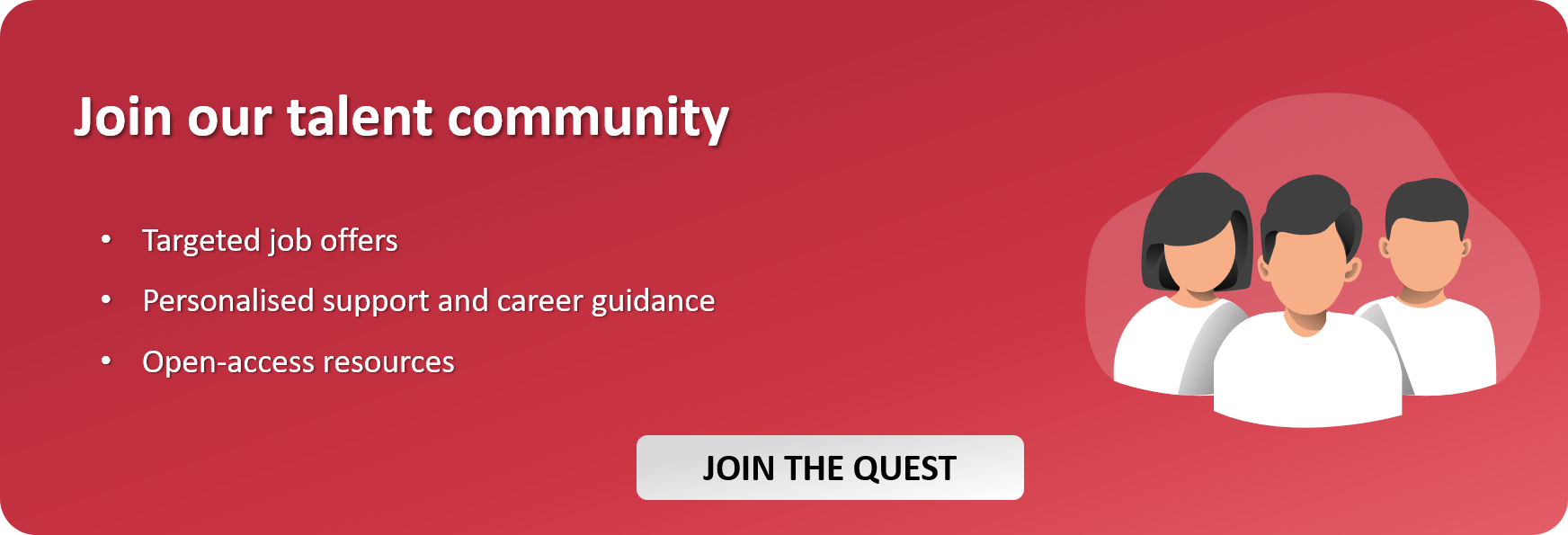The ‘freelancisation’ of tech roles. How the spectacular democratisation of teleworking and the war for talent that is raging in the technology sector are pushing companies to offer ever more flexible working conditions to their employees.
Originally published on JDN.
Freelancisation of Tech Roles: Teleworking and flexible working hours as the new standard
Long before the global pandemic, remote work and flexible working hours were already major trends in the creation of the world of work of tomorrow. But the Covid-19 pandemic has accelerated the adoption of these ways of working. For a large majority of employees on permanent contracts, in all sectors. No more traditional working days at the office from 9 a.m. to 6 p.m., with a break by the coffee machine, etc.
And this is obviously to accommodate their demands. According to a study conducted by Malakoff Humanis in June 2020, 84% of employees wanted to request telework after confinement.
On the business side, the flexibility of work also seems to convince. According to a recent study by Capgemini, employee productivity increased by 63% in the third quarter of 2020. Better still; 70% of companies seem convinced that the productivity gains generated by teleworking can be sustained once the pandemic over.
The employees of tomorrow will see their daily working lives marked by an increasingly flexible framework similar to that of freelancing.
The IT talent war and the “freelancisation” Tech Roles & of job vacancies
In the world of tech and IT, another phenomenon reinforces this tendency towards flexibility: the talent shortage.
Companies are struggling to recruit technical profiles and are engaged in a fierce battle to attract the best candidates. As a result, they are sometimes ready to bend over backwards to meet the requirements of the most popular professionals. And that includes offering more flexible conditions to candidates.
To recruit the best developers on a permanent contract; for example, some companies are ready to offer them full remote control and total flexibility in their working hours. This is attracting profiles who were already partial to freelancing.
“Freelancisation” or simple flexibilisation?
So yes, in the world of tech and IT, the trend is undoubtedly to make working conditions more flexible. But to speak of a “freelancisation” of tech roles would amount to reducing the status of freelance to remote work and flexible hours.

To work independently is to have an entrepreneurial mindset. It is to wear several hats including that of accountant and that of commercial, it is to alternate periods of mission and periods of inactivity… In short, a very different reality to that of a permanent position even with very flexible conditions.
It should be noted that the opposite phenomenon also occurs: freelance work sometimes takes some resemblance of a permanent gig. This is particularly the case of very long-term assignments under management. Working for example on large-scale SAP projects over several years.
Tech and IT: the classic permanent contract has not said its last word
But speaking of a widespread flexibilisation of jobs in the worlds of technology and IT would be wrong. The reality is in fact more nuanced.
Not all professions are suitable for teleworking, and flexibility generates many points of friction within organizations. The cohesion of the teams is weakened by the distance. Management methods are struggling to adapt.
Most IT departments are not ready to perpetuate the flexibility of working conditions across all workstations. And even less to abandon the traditional model of face-to-face work and fixed hours.
On the employee side, we find a bit of the same. Telework yes, but not too much. According to a survey conducted by Apec in mid-December, if the vast majority of private sector executives now want to telecommute. Nearly half want to use it only “two to three days a week”. In fact, not all employees enjoy teleworking, and some even dream of one thing: being able to return to the office.
Additionally, the freelancisation of tech roles is rather relative: salaried employment as we know it still has a bright future ahead, and the “traditional” permanent contract is not about to disappear. However, it is obvious that the worlds of classic salaried employment and the freelancing model are increasingly coming close to one another. Businesses and workers alike want the best of both worlds now more than ever.
In tech and IT more than in any other sector, we are now juggling the two statuses. The silos between freelance and permanent contract are gradually disappearing, offering ever greater flexibility and possibilities to both professionals and organisations.
Need tips on how to find a job in IT? Check out our IT job hunting guide.





